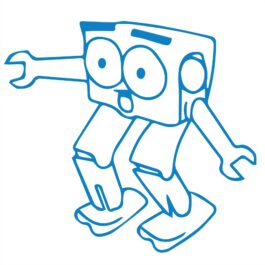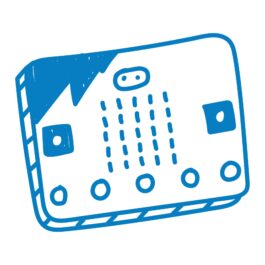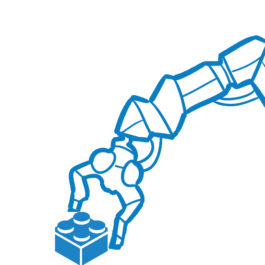Code Like Kids is designed to facilitate team building and develop communication skills while building staff morale during a series of collaborative tech-based activities. Participants work together in teams of 2 or 3 to solve a series of challenges using devices such as Sphero indi, Marty the Robot, BBC micro:bits, and LEGO SPIKE Prime.
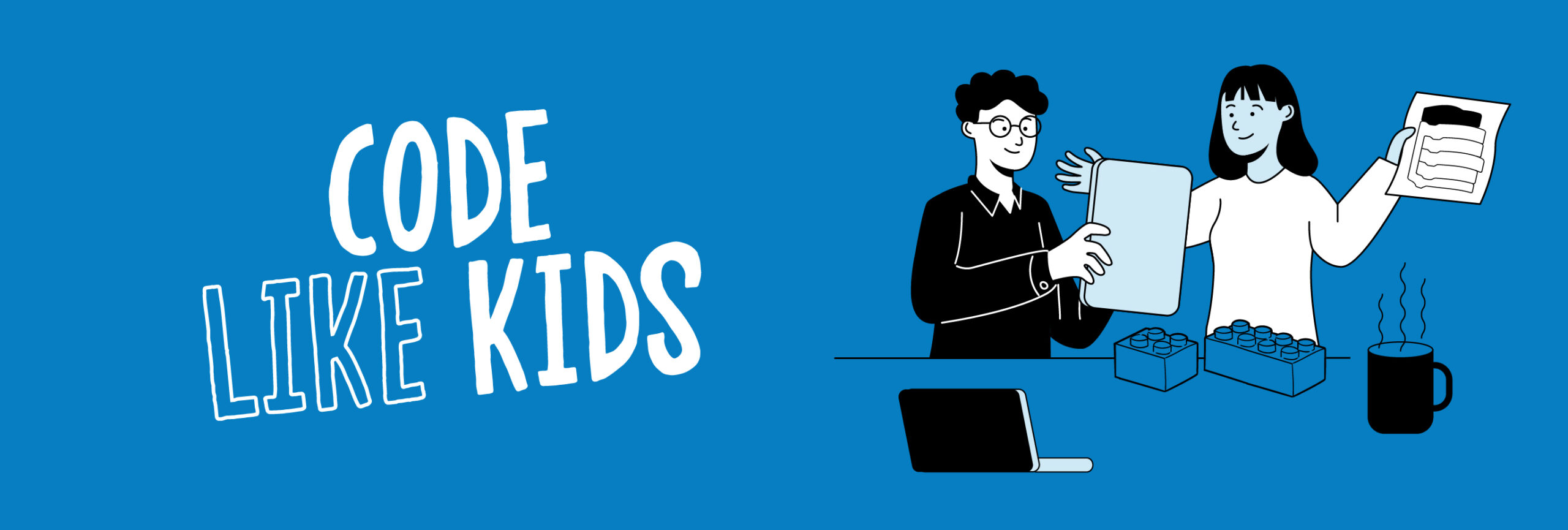
What is Code Like Kids?
Code Like Kids is a unique, hands-on learning and development opportunity for companies and organisations. It features some of the most popular activities and coding devices used by young people around the world. It was developed by Digital Xtra, the foremost Scottish charity supporting extracurricular tech activities for young people, and is designed around three key pillars – Collaboration, Creativity, and Charity. Anyone can take part as it requires no previous coding experience.

Collaboration

Creativity
The devices featured in Code Like Kids are used globally and have been designed to naturally develop meta skills such as curiosity, problem solving, and resilience within the context of applied computing. However, participants require no previous coding experience – it’s all about having fun and improving team dynamics.
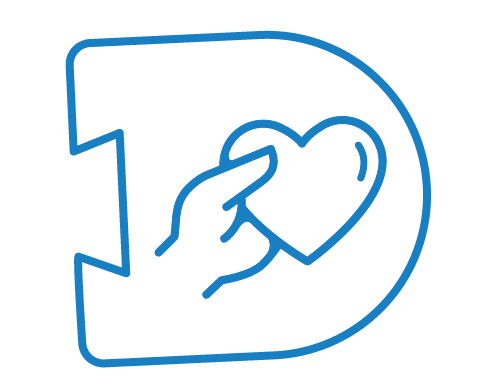
Charity
Proceeds from Code Like Kids supports the development of extracurricular tech activities across Scotland and all participants are recognised as a Supporter of Digital Xtra. Code Like Kids also strengthens your community engagement strategy by encouraging staff to volunteer at local coding or tech clubs.
What is included?
Each session of Code Like Kids includes the following four modules (click to expand):
Sphero indi
Device: Sphero indi educational robots are fun and engaging little cars used to introduce computational thinking to younger children and explore coding concepts such as loops and testing. These dynamic devices provide an unplugged coding experience meaning it teaches concepts without using screens for writing code. Sphero indis are primarily designed for early learners (Nursery to P3 or 3+), however, resources and lesson plans are available to tailor activities for older pupils. Otherwise, the very popular Sphero BOLT or more advanced Sphero RVR+ is more suitable for older learners (ages 8+).
Activity Description: In this module, participants will be introduced to programming using Sphero indi which is coded by driving over different coloured mats. Each colour results in a different result! Working in teams, participants will help indi navigate through a series of challenges by breaking down each one into a series of smaller tasks. Participants will develop their problem solving, analytical, and testing skills as they build up to the final surprise challenge. Participants will also get to try the Sphero Edu Junior app to to change the lights, sounds, and movement settings of the robots. It’s amazing how much fun can be packed into such a little car!
Duration and group size: Approximately 1 hour working in groups of 2-3
Set up: Some desk work followed by activities on a large, flat surface (i.e. very large table or available floor space )
Marty the Robot
Device: Marty the Robot is a programmable humanoid robot with lots of character. Marty is equipped with several separate motors meaning he can walk, dance, kick a football, and even eyebrow-wiggle. It is a Scottish invention (Robotical Ltd) which has been designed to create a learning journey from unplugged activities to engage early years, block coding for primary and early-secondary aged pupils, to text-based programming using Python for secondary pupils and beyond.
Activity Description: This module introduces Marty’s unplugged and sequencer modes, followed by MartyBlocks Jr (based on Scratch Jr), before moving onto MartyBlocks (based on Scratch). Then, using Digital Xtra’s five robots – Marty McFly, Doc Brown, Marlene, Marty Jr, and Martina – teams will use their collective imaginations to plan a workout or dance routine including as much noise, movement, and personality as possible! With nine servo motors to allow movement (three in each leg, one for each arm, and one to move the eyes), the sky’s the limit. Each team will then show off what they’ve learned with bonus points for the most creative and fun routines!
Duration and group size: Approximately 1 hour working in groups of 2-3
Set up: Cabaret or horseshoe-style setup to facilitate interaction amongst learners. Power sources for laptops may also be required.
BBC micro:bit
Device: The BBC micro:bit is the epitome of “big things come in small packages”. BBC micro:bits are inexpensive, pocket-sized computers which can be used to easily demonstrate how software and hardware work together. It has an LED light display, two buttons, and many input/output features. It can be used to sense, measure, and log light, temperature, sound, movement, or magnetism and can easily be coded in Microsoft MakeCode. They are suitable for primary-aged pupils (P3 and above, ages 7+) but can be extended to secondary-aged pupils (and beyond) using Python or JavaScript. There are also many, many accessories and add-ons available.
Activity Description: Participants will work in teams or individually to create their own ‘Rock, Paper, Scissor’ game before competing to determine who is the ultimate ‘Rock, Paper, Scissor’ Master. They will learn about block coding (Scratch) and see how software and hardware can work together. They will also learn about variables and discuss how to improve the game’s UX (user experience) all while developing skills such as computational thinking, problem-solving, and resilience (an important skill in many tech roles!). And for those feeling extra confident – why not add light and sound or take it to the next level with a game of ‘Rock, Paper, Scissors, Lizard, Spock’…
Duration and group size: Approximately 1-1.5 hours working in groups of 1-2
Set up: Cabaret or horseshoe-style setup to better facilitate interaction amongst learners. Power sources for laptops may also be required.
LEGO Education SPIKE Prime
Device: What do you get when you mix the top selling toy in the world with coding? Anything you can imagine. LEGO Education SPIKE Prime combines colourful LEGO building elements with engineering, robotics, and programming and is suitable for upper primary and secondary pupils (P5+, ages 10+). Alternatively, LEGO Education SPIKE Essential has more of a focus on story-telling as well as engineering and is more suitable for lower primary (P3-P5, ages 6+), and LEGO Education Coding Express sets are suitable for even younger learners (ELC-P2, ages 2+) utilising screenless coding.
Activity Description: This module is the ultimate teamwork test. Participants will each adopt roles within their team (i.e. Team Leader, Builder, Coder) mirroring how teams work in ‘real life’ before working together using SPIKE Prime to assemble and code a robotic arm. They will then test their build through various dexterity challenges. Fun for LEGO fans or complete newbies, this module will develop leadership, teamwork, and problem-solving skills as well as participants’ ability to follow directions while building their devices because, as any experienced LEGO builder will tell you, there is nothing worse than getting to the last step only to realise you’ve incorrectly placed a brick back in step 4…
Duration and group size: Approximately 1-1.5 hours working in groups of 2-3
Set up: Cabaret or horseshoe-style setup to facilitate interaction amongst learners. Power sources for laptops may also be required.
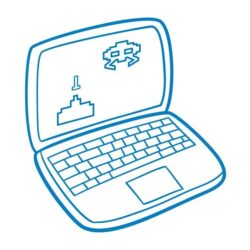
How much does it cost?
Code Like Kids is available with a £2,500+ contribution to Digital Xtra with all four modules delivered onsite over approximately 4 hours (max 15 persons per module).
Individual modules can also be booked and take approximately 1-1.5 hours each. Please contact us for more information and pricing.
In addition, all companies or organisations who participate in Code Like Kids will be recognised as a Supporter of Digital Xtra on our Partners and Supporters page.
What is Digital Xtra?
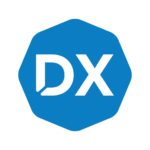 Each year, Digital Xtra identifies, funds, and supports dozens of extracurricular activities enabling them to positively engage and inspire thousands of young people across Scotland with tech. Extracurricular initiatives, like those supported by Digital Xtra, are key to developing the Scottish tech ecosystem as they provide creative, informal opportunities for young people to develop technical skills such as coding, robotics, and games development as well as meta skills such as communication, problem solving, and resilience. Digital Xtra believes every young person should have access to fun, meaningful activities as well as an understanding of the opportunities these skills provide.
Each year, Digital Xtra identifies, funds, and supports dozens of extracurricular activities enabling them to positively engage and inspire thousands of young people across Scotland with tech. Extracurricular initiatives, like those supported by Digital Xtra, are key to developing the Scottish tech ecosystem as they provide creative, informal opportunities for young people to develop technical skills such as coding, robotics, and games development as well as meta skills such as communication, problem solving, and resilience. Digital Xtra believes every young person should have access to fun, meaningful activities as well as an understanding of the opportunities these skills provide.
Digital Xtra also encourages industry to engage with local tech clubs to help provide context and guidance for young people. However, feedback shows some staff are anxious doing so being unfamiliar with tools such as block coding or popular coding devices. As such, Code Like Kids is not only a fantastic learning and development activity, but also encourages and enables staff to get involved in the local community.
© 2024 Digital Xtra. All rights reserved. Read our Privacy Policy here


